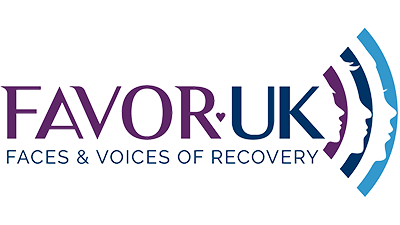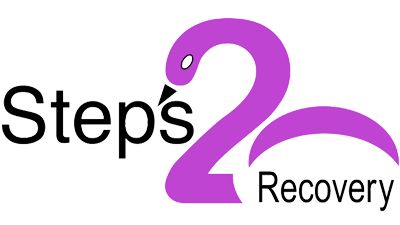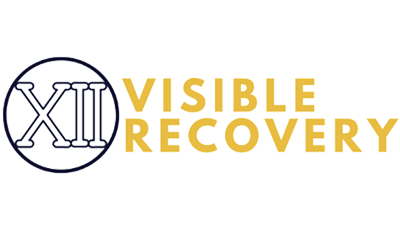Taking Action on Addiction (TAOA) is a national campaign that seeks to improve everyone's understanding of addiction and to end the stigma that surrounds addiction - and sometimes, even the stigma that comes with recovery. Our campaign is calling for addiction to be treated as a serious mental health condition with increased access to support so that recovery can be possible for everyone.
Our new campaign for 2024 is Addiction Affects Everyone BUT Recovery Is Possible.
Royal Patron of The Forward Trust
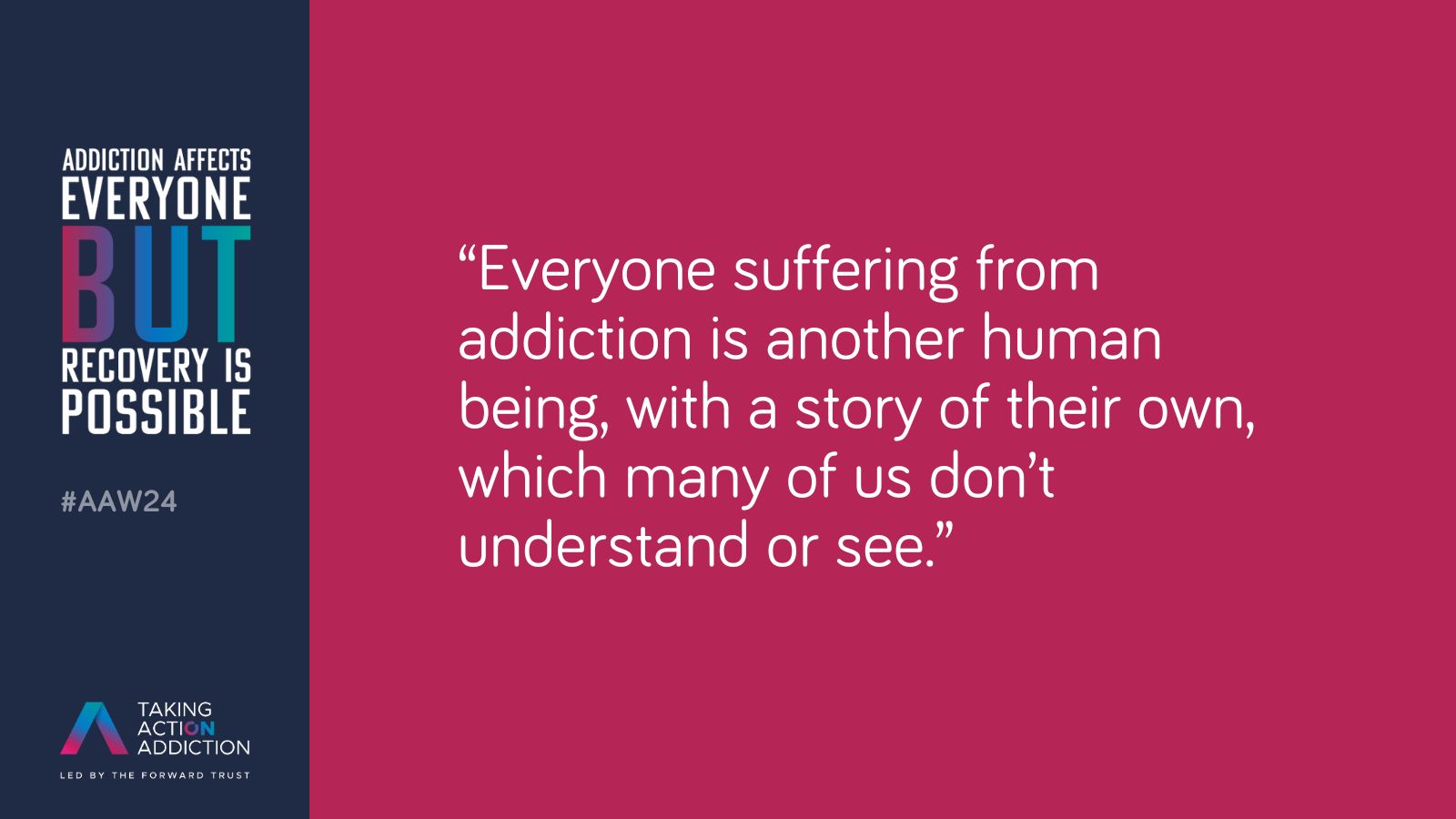
NEWS - HRH The Princess of Wales' message in support of Addiction Awareness Week
NEWS - read poll story in full
Just over one in 10 had experienced addiction to alcohol, drugs, medication, or gambling at some point in their lives.
Nearly half of UK adults have either experienced or know someone who has lived with drug, alcohol, medication or gambling dependency.
Among those living with addiction, both directly and indirectly, more than half say their physical health has suffered.
Supports Reach Out online chat service to help someone who’s struggling.
Our campaign tells powerful stories that reflect the everyday nature of addiction – that it affects everybody. This year, we are proud to showcase even more real-life transformations that show recovery is possible.
Find out about our new campaign activities including how you can get involved in community events, social media and lending your voice to effect change.
Delivered direct to your inbox, our monthly newsletter includes inspiring real-life stories of recovery, media news and our latest campaign updates.
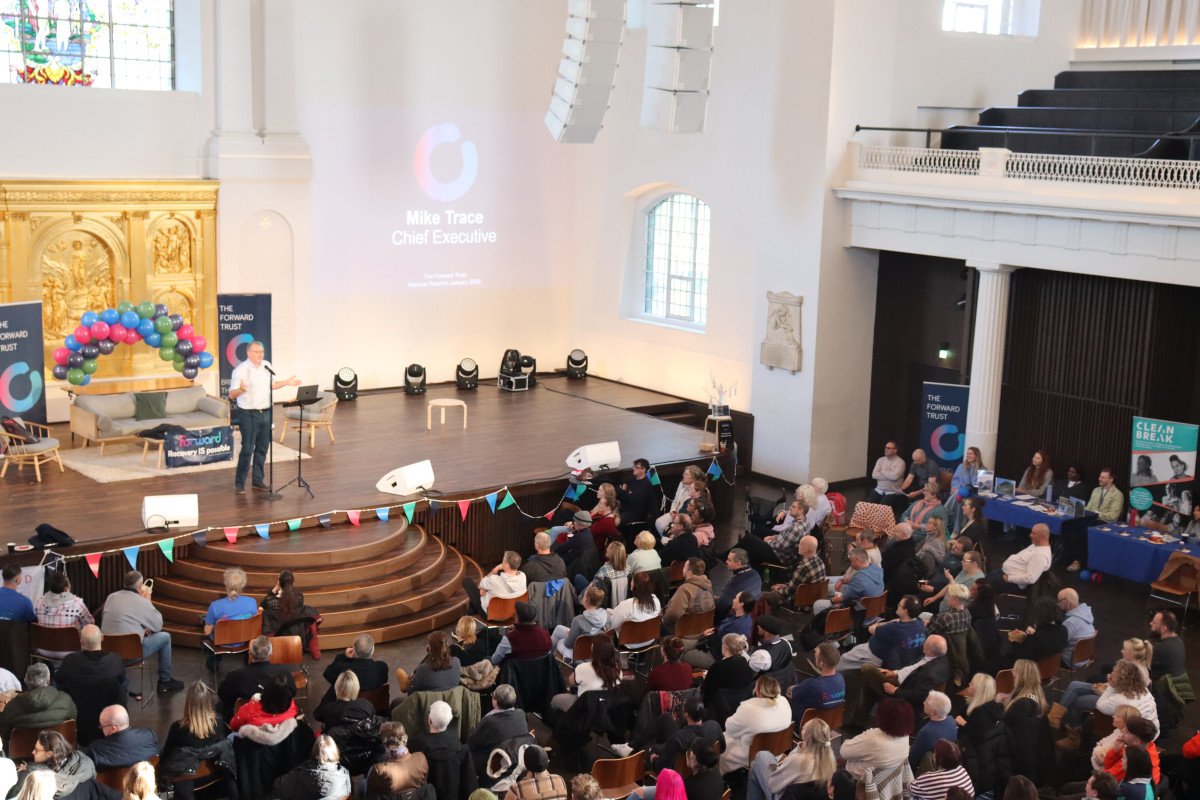
12/02/2025
By Joshua Thetford, Team Leader at Recovery Support at The Forward TrustLast month, The Forward Trust hosted the National Reunion...

23/01/2025
Clouds House, nestled in the heart of rural Wiltshire, has been a beacon of hope and recovery since 1983. Owned...
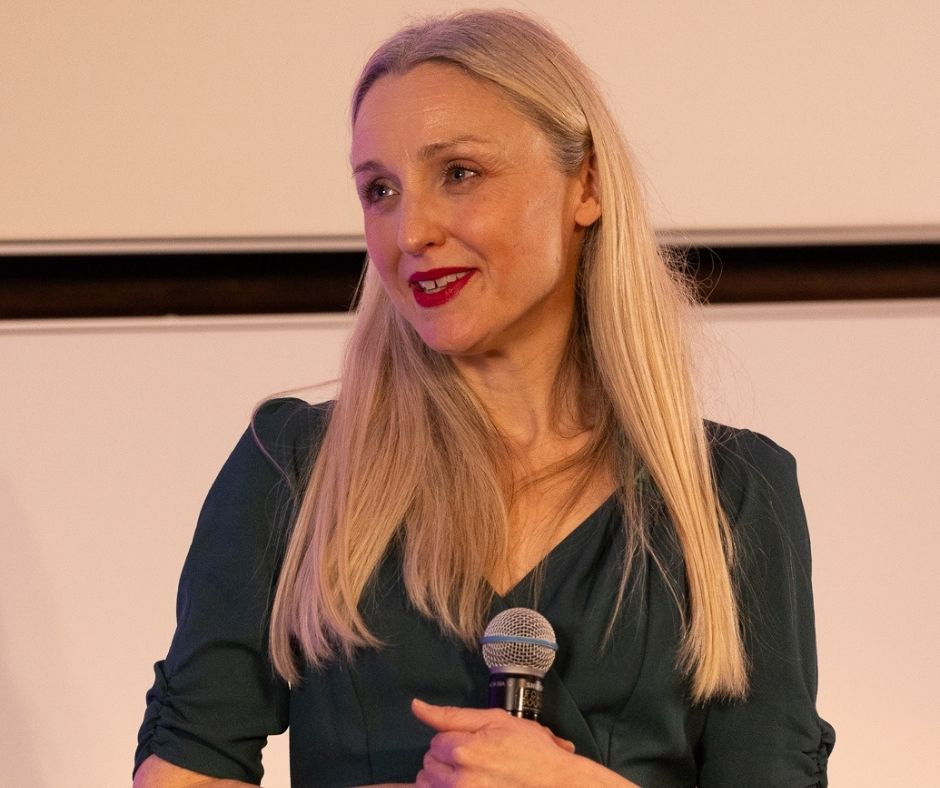
20/12/2024
A 42% rise in deaths due to alcohol since 2019 is deeply shocking to read but not surprising. The latest...
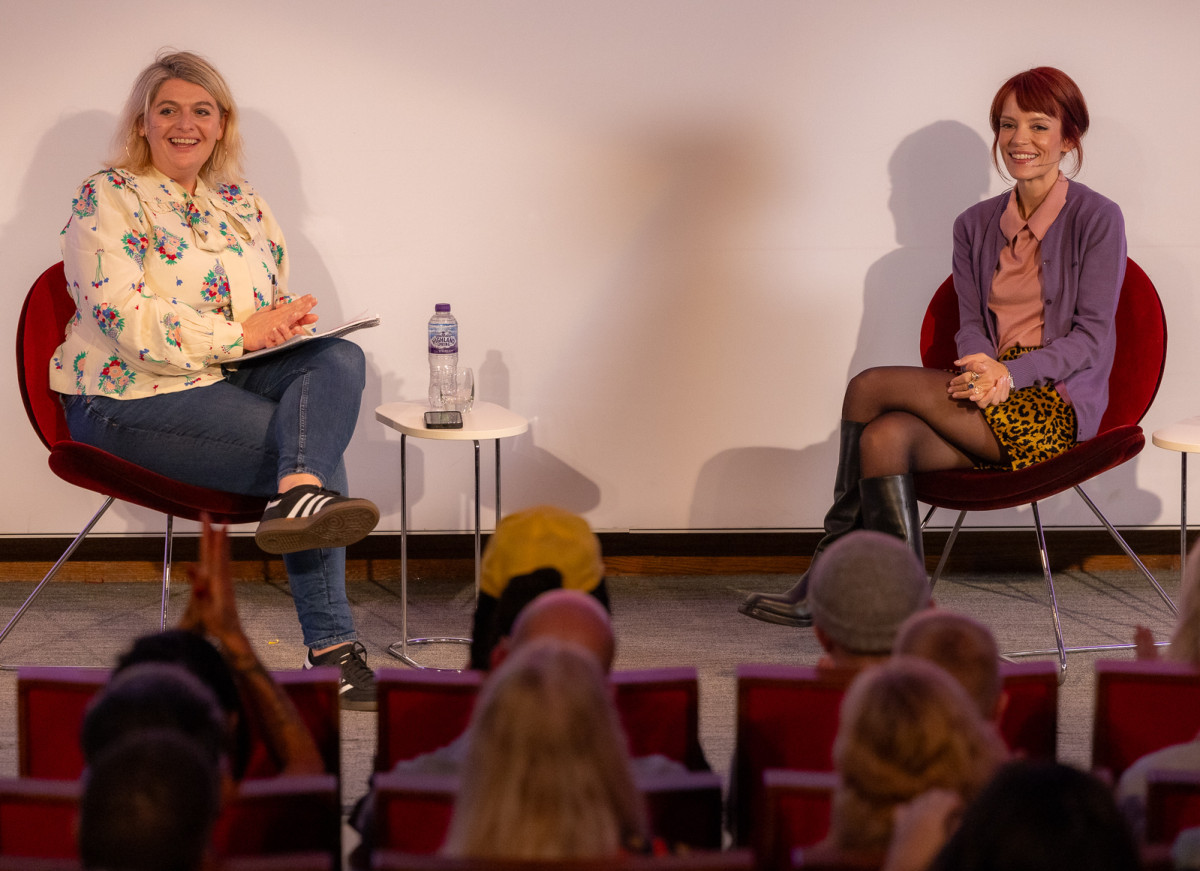
06/12/2024
Lily Allen, Bryony Gordon, Matt Willis and Tony Adams were among our guest speakers to support our Addiction Awareness Week...

